8 Topics a Credible Concealed Carry Course Should Contain… Did Yours?
Terry Nelson 06.12.19
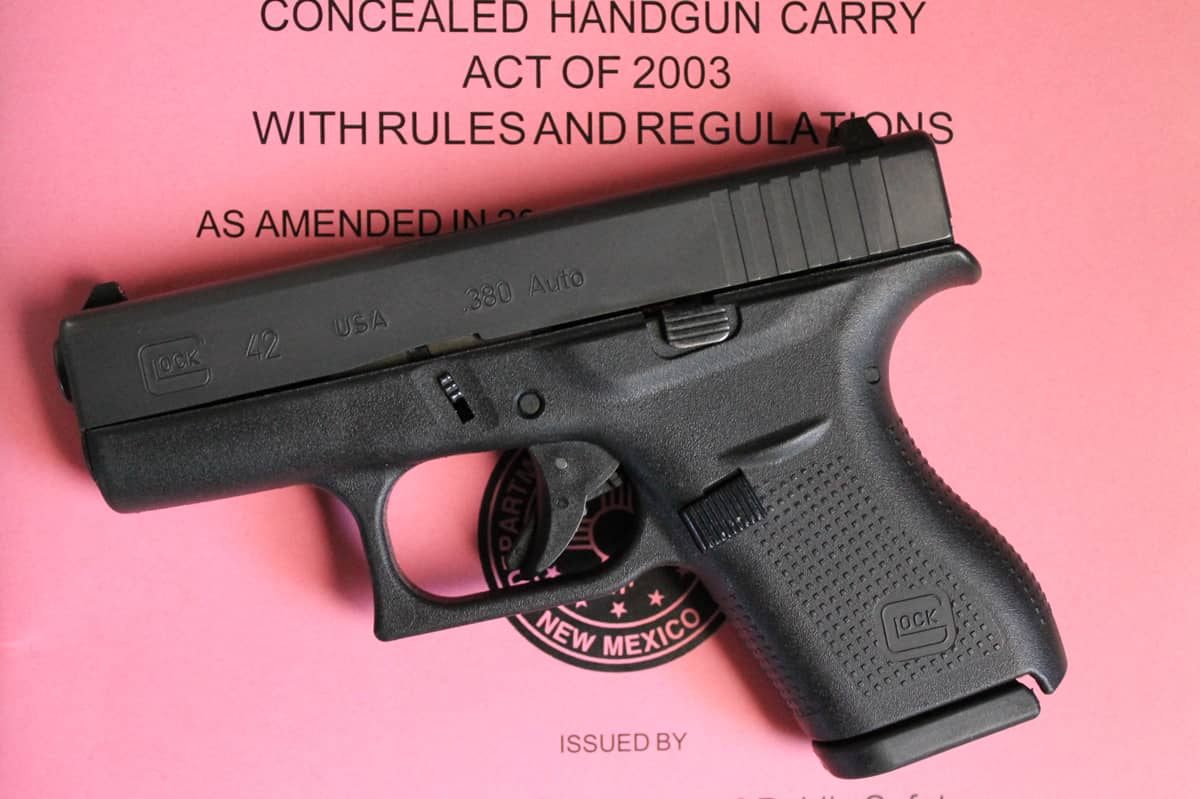
While many folks today argue the need or training requirement for having a concealed carry license, I believe it’s a worthwhile endeavor. Obviously, I support the 2nd Amendment and believe in your right to defend yourself and your family. Whether your state requires a concealed carry license or allows constitutional carry or open carry, a training regime can well be worth the effort. However, many concealed carry courses cannot be called training at all. Some states only mandate an hour or two of classroom time and no range time, others simply allow a potential licensee to fill out and application and pass a background check. No matter what your state allows or your personal stance on the matter, why not make sure the course is worth your time and effort.
I believe any concealed carry course should include several critical components. If the training you are considering does not contain the following elements you may want to consider the source and seek out a more credible concealed carry course and/or instructor.
1. Legal Issues and Laws
While we all want to get to the fun stuff and on the range, having a solid understanding of laws and the legal system is in your best interest. This is one reason I disagree with states that give military veterans a concealed carry license with no training required. While I agree that fees can be waived for veterans, it is a complete disservice to the veteran not to require training on concealed carry laws in the state issuing the license. After all, one of the main goals of any concealed carry course should be to keep you, the licensee, out of jail.
2. Gun Safety
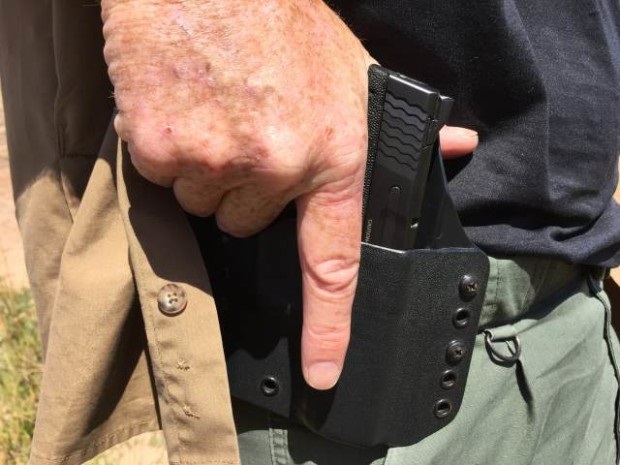
It goes without saying, safe gun handling and the cardinal rules of firearms safety has to be paramount in any concealed carry course. It matters not to me as an instructor how many years you have been handling a firearm, the rules have to be covered and understood. It actually amazes me how many lifelong shooters cannot quote the four basic rules of gun safety.
3. Conflict Avoidance
This topic should be covered fairly early on in any worthy concealed carry course. I always challenge students to ask themselves why they are obtaining a cc license. If the answer is because I like having a gun and it makes me feel empowered, I would suggest they need to do a self-check and make sure their demeanor is one of avoiding conflicts instead of looking for them lest they end up in prison. In other words, be aware and always leave or avoid if you have the option.
4. Gun Handling, Maintenance and Selection
For many students I train, the whole “what handgun is right for me” question can be daunting. Skills such as, reloads, clearing malfunctions, defeating the safety if your pistol has one, proper grip, and so on can be directly related to the handgun you select, it is an important consideration. Along with this goes the fact you need to clean and maintain your chosen handgun. A solid discussion of these topics needs to be covered in a credible cc course.
5. Mindset
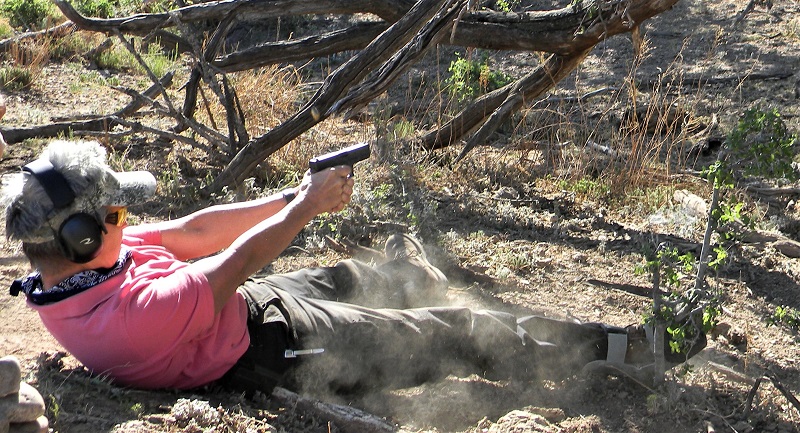
Above I discussed conflict avoidance which I always suggest students should consider first if possible. But make no mistake, I never teach or suggest to students they must be the victim. As many an instructor has said, I can teach you the skills, the will to survive and win is on you. Again, your training should lead you down a path of awareness and avoidance first. But if you find yourself in a corner where neither option is viable, then your inner warrior mentality has to rise to the occasion, basically you refuse to become the victim.
6. Reality-Based Training
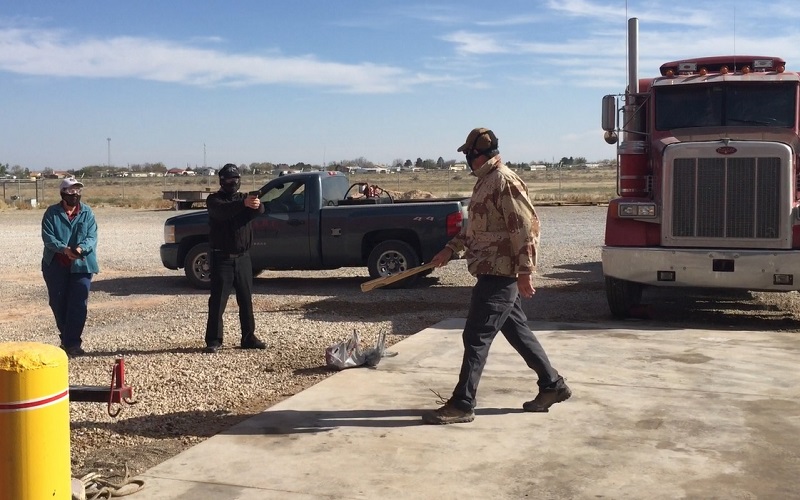
While most viable reality-based training courses are themselves several hours to a full day or longer, there are ways to include this type of training into a concealed carry course. Reality or scenario-based training as it is sometimes called is some of the most worthwhile defensive coursework you can ever partake in. I like to call it stress inoculation. The more of it you go through, the better prepared you become in case the real thing ever happens. This type of training is directly related to your mindset and helps you make solid decisions under stress.
7. Carry Methods, Equipment
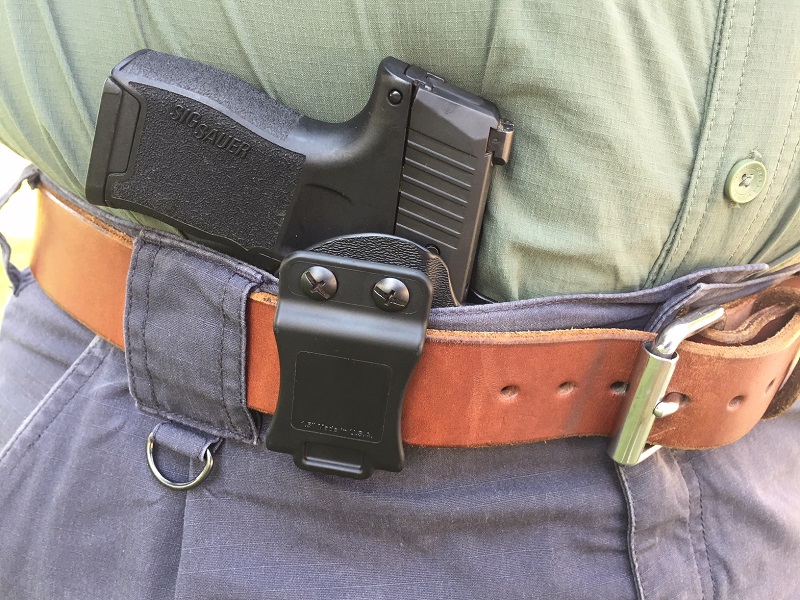
A demonstration, discussion and recommendations of good concealed carry methods, holsters and related equipment should be part of any credible cc training course. No doubt the instructor will have their favorite methods and equipment, but a really good instructor recognizes that one carry style, handgun and holster will fit everyone and will offer the student viable alternatives based on their abilities, lifestyle, and even budget.
8. Live Fire on the Range, Marksmanship Fundamentals
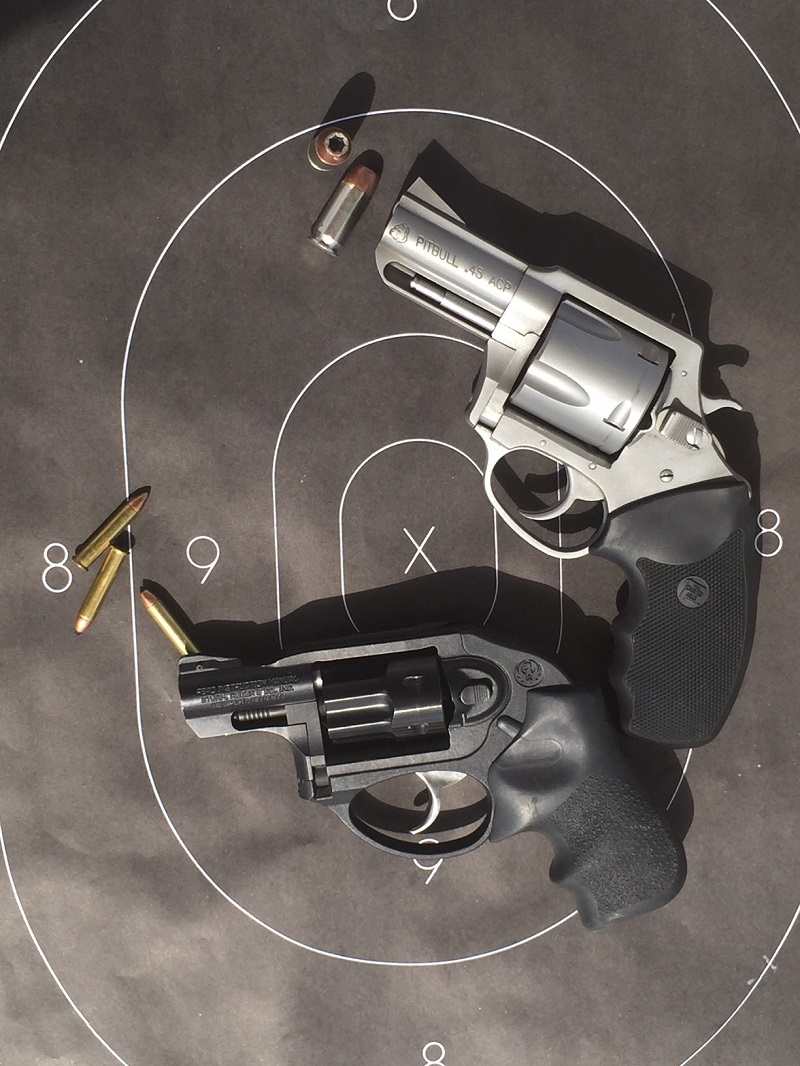
As I mentioned earlier, some states do not require shooting qualifications much less basic live fire training. Just because someone can pass a background check does not mean they are capable or safe with a loaded gun in their hands. A good curriculum will have a course of fire the student will have to pass no matter how many dragons they have slayed in the past. Along with that goes a discussion and demonstration of marksmanship fundamentals and suggestions for additional training and skills the student may want to consider.
Your decision to carry a firearm on a daily basis should not and cannot be taken lightly. John Farnam, a nationwide trainer of firearms defensive skills summed it up best the following quote, “when you decide to go armed, you need to get serious with serious gear and serious training. Otherwise my sincerest recommendation is that you abandon the whole idea.”
I could not agree more.

